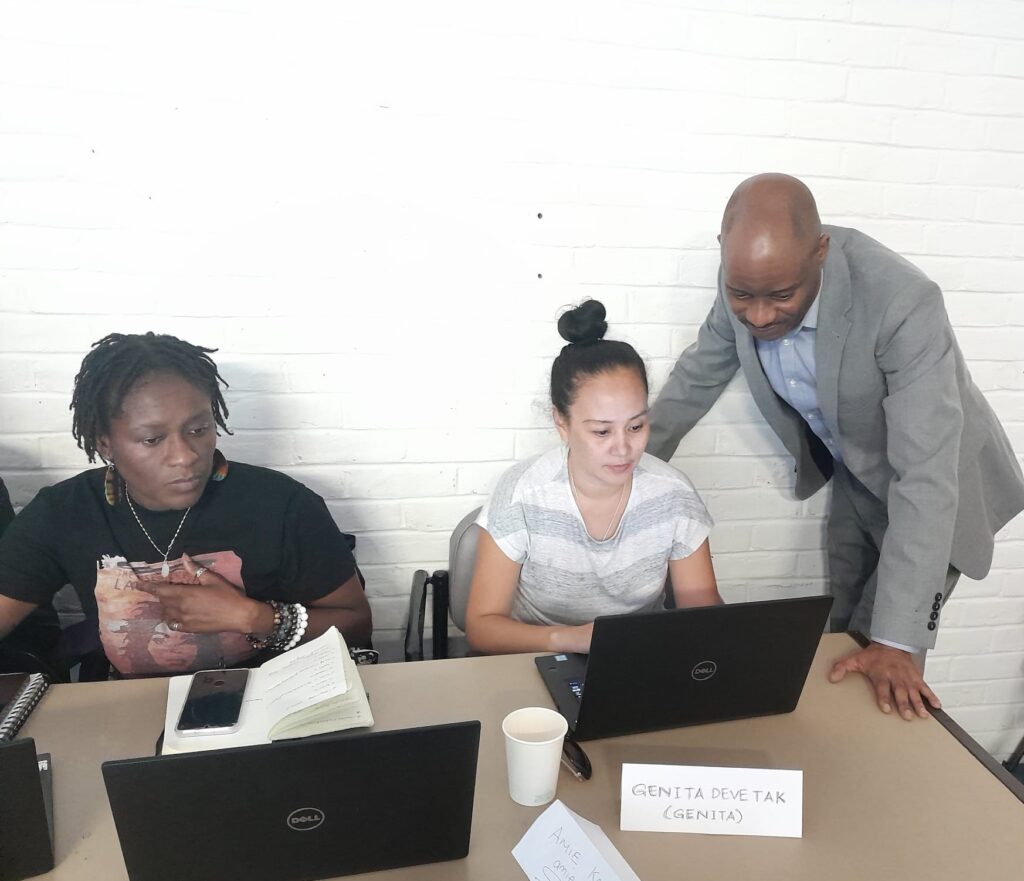Today, we delve into a topic that is not only close to our hearts but also integral to the very fabric of our communities – food. We’ll explore how food isn’t just about nourishment; it’s a potent tool for fostering community development.
So, let’s uncover why food holds the power to transform our neighbourhoods and make them thrive.
The Heart of Community: Food
Food has a unique ability to bring people together. Think about the last time you shared a meal with friends, family, or neighbours. You laughed, shared stories, and felt a sense of togetherness. It’s this fundamental social aspect of food that makes it an indispensable part of community development.
1. Food Fosters Connection:
Community development is built on connections. Food gatherings, whether potlucks, community dinners, or farmers’ markets, create opportunities for people to meet, share experiences, and build relationships. These connections can lead to stronger, more resilient communities.
2. Food Preserves Culture:
Food is a key component of cultural identity. Recipes passed down through generations and traditional dishes connect us to our heritage. Celebrating cultural diversity through food not only honours our roots but also enriches our understanding of others.
3. Food Sparks Conversation:
Imagine a town square bustling with people enjoying local food. It’s a natural hub for conversation, idea-sharing, and community engagement. Food-related events can become platforms for important dialogues about local issues and initiatives.
4. Food Empowers:
Teaching community members about food, nutrition, and sustainable practices empowers them to make healthier choices. It’s a way to enhance people’s quality of life while fostering self-sufficiency and independence.
5. Food Supports Economic Growth:
Local food systems create jobs and stimulate economic growth. By supporting local agriculture and food-related businesses, we contribute to the economic well-being of our community, allowing it to flourish.
6. Food is About Resilience:
Strong local food systems enhance community resilience. When external supply chains are disrupted, a community with reliable local food sources can better weather the storm.
7. Food Promotes Environmental Sustainability:
Sustainable food practices reduce the environmental impact of agriculture. Local, eco-friendly food production contributes to the overall environmental sustainability of our community.
8. Food as a Tool for Education:
Food education, from teaching children about nutritious choices to demonstrating sustainable farming practices, equips community members with the knowledge and skills to lead healthier lives.
9. Food Alleviates Poverty:
Effective food systems can reduce poverty by providing employment opportunities and improving access to affordable, nutritious meals. A flourishing local food economy can uplift the entire community.
A Bountiful Future Ahead
In essence, food is not just nourishment; it’s a catalyst for community development. It’s the thread that weaves our communities together, fostering connection, culture, conversation, and empowerment. By embracing the power of food, we can build healthier, more resilient, and more prosperous communities.
So, let’s savour the delicious journey of using food as a tool for community development. Together, we can cultivate a future that’s not only filled with good meals but also with strong, vibrant, and connected communities.
Does your organisation use food as a means to promote accessibility and inclusion? We’d love to hear from you. Share your story with us by clicking the button below.






